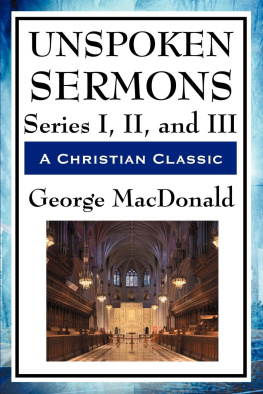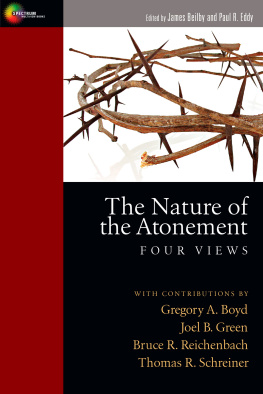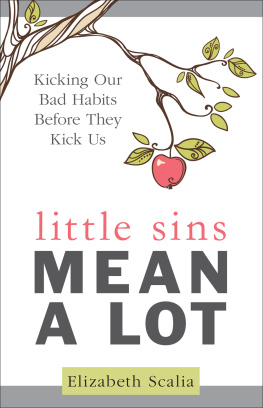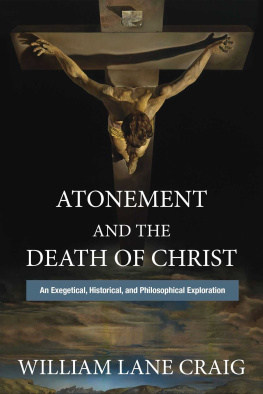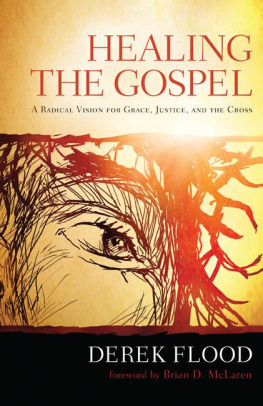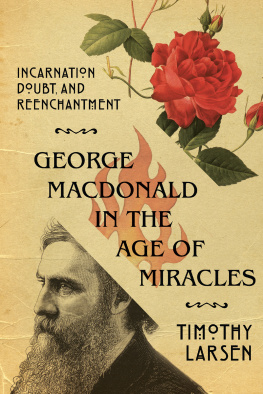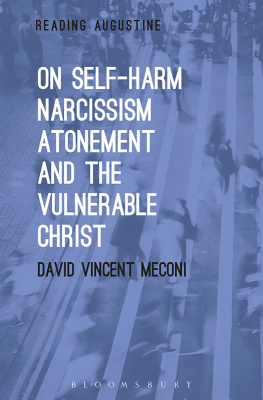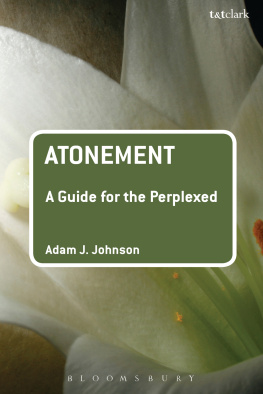Unspoken Sermons, Series I, II and III
By George MacDonald
Start Publishing LLC
Copyright 2012 by Start Publishing LLC
All rights reserved, including the right to reproduce this book or portions thereof in any form whatsoever.
First Start Publishing eBook edition October 2012
Start Publishing is a registered trademark of Start Publishing LLC
Manufactured in the United States of America
10 9 8 7 6 5 4 3 2 1
ISBN 978-1-62558-115-0
UNSPOKEN SERMONS FIRST SERIES
These Ears of Corn.
gathered and rubbed in my hands
upon broken Sabbaths,
I offer first to my Wife,
and then to my other Friends.
IT SHALL NOT BE FORGIVEN.
And whosoever shall speak a word against the Son of man, it shall be forgiven him: but unto him that blasphemeth against the Holy Ghost, it shall not be forgiven.-LUKE xi. 18.
Whatever belonging to the region of thought and feeling is uttered in words, is of necessity uttered imperfectly. For thought and feeling are infinite, and human speech, although far-reaching in scope, and marvellous in delicacy, can embody them after all but approximately and suggestively. Spirit and Truth are like the Lady Una and the Red Cross Knight; Speech like the dwarf that lags behind with the ladys bag of needments.
Our Lord had no design of constructing a system of truth in intellectual forms. The truth of the moment in its relation to him, The Truth, was what he spoke. He spoke out of a region of realities which he knew could only be suggested-not represented-in the forms of intellect and speech. With vivid flashes of life and truth his words invade our darkness, rousing us with sharp stings of light to will our awaking, to arise from the dead and cry for the light which he can give, not in the lightning of words only, but in indwelling presence and power.
How, then, must the truth fare with those who, having neither glow nor insight, will build intellectual systems upon the words of our Lord, or of his disciples? A little child would better understand Plato than they St Paul. The meaning in those great hearts who knew our Lord is too great to enter theirs. The sense they find in the words must be a sense small enough to pass through their narrow doors. And if mere words, without the interpreting sympathy, may mean, as they may, almost anything the receiver will or can attribute to them, how shall the man, bent at best on the salvation of his own soul, understand, for instance, the meaning of that apostle who was ready to encounter banishment itself from the presence of Christ, that the beloved brethren of his nation might enter in? To men who are not simple, simple words are the most inexplicable of riddles.
If we are bound to search after what our Lord means-and he speaks that we may understand-we are at least equally bound to refuse any interpretation which seems to us unlike him, unworthy of him. He himself says, Why do ye not of your own selves judge what is right? In thus refusing, it may happen that, from ignorance or misunderstanding, we refuse the verbal form of its true interpretation, but we cannot thus refuse the spirit and the truth of it, for those we could not have seen without being in the condition to recognize them as the mind of Christ. Some misapprehension, I say, some obliquity, or some slavish adherence to old prejudices, may thus cause us to refuse the true interpretation, but we are none the less bound to refuse and wait for more light. To accept that as the will of our Lord which to us is inconsistent with what we have learned to worship in him already, is to introduce discord into that harmony whose end is to unite our hearts, and make them whole.
Is it for us, says the objector who, by some sleight of will, believes in the word apart from the meaning for which it stands, to judge of the character of our Lord? I answer, This very thing he requires of us. He requires of us that we should do him no injustice. He would come and dwell with us, if we would but open our chambers to receive him. How shall we receive him if, avoiding judgment, we hold this or that daub of authority or tradition hanging upon our walls to be the real likeness of our Lord? Is it not possible at least that, judging unrighteous judgment by such while we flatter ourselves that we are refusing to judge, we may close our doors against the Master himself as an impostor, not finding him like the picture that hangs in our oratory. And if we do not judge-humbly and lovingly-who is to judge for us? Better to refuse even the truth for a time, than, by accepting into our intellectual creed that which our heart cannot receive, not seeing its real form, to introduce hesitation into our prayers, a jar into our praises, and a misery into our love. If it be the truth, we shall one day see it another thing than it appears now, and love it because we see it lovely; for all truth is lovely. Not to the unregenerate mind. But at least, I answer, to the mind which can love that Man, Christ Jesus; and that part of us which loves him let us follow, and in its judgements let us trust; hoping, beyond all things else, for its growth and enlightenment by the Lord, who is that Spirit. Better, I say again, to refuse the right form, than, by accepting it in misapprehension of what it really is, to refuse the spirit, the truth that dwells therein. Which of these, I pray, is liker to the sin against the Holy Ghost? To mistake the meaning of the Son of man may well fill a man with sadness. But to care so little for him as to receive as his what the noblest part of our nature rejects as low and poor, or selfish and wrong, that surely is more like the sin against the Holy Ghost that can never be forgiven; for it is a sin against the truth itself, not the embodiment of it in him.
Words for their full meaning depend upon their source, the person who speaks them. An utterance may even seem commonplace, till you are told that thus spoke one whom you know to be always thinking, always feeling, always acting. Recognizing the mind whence the words proceed, you know the scale by which they are to be understood. So the words of God cannot mean just the same as the words of man. Can we not, then, understand them? Yes, we can understand them-we can understand them more than the words of men. Whatever a good word means, as used by a good man, it means just infinitely more as used by God. And the feeling or thought expressed by that word takes higher and higher forms in us as we become capable of understanding him,-that is, as we become like him.
I am far less anxious to show what the sin against the Holy Ghost means, than to show what the nonforgiveness means; though I think we may arrive at some understanding of both. I cannot admit for a moment that there is anything in the Bible too mysterious to be looked into; for the Bible is a revelation, an unveiling. True, into many things uttered there I can see only a little way. But that little way is the way of life; for the depth of their mystery is God. And even setting aside the duty of the matter, and seeking for justification as if the duty were doubtful, it is reason enough for inquiring into such passages as this before me, that they are often torture to human minds, chiefly those of holy women and children. I knew a child who believed she had committed the sin against the Holy Ghost, because she had, in her toilette, made an improper use of a pin. Dare not to rebuke me for adducing the diseased fancy of a child in a weighty matter of theology. Despise not one of these little ones. Would the theologians were as near the truth in such matters as the children.

